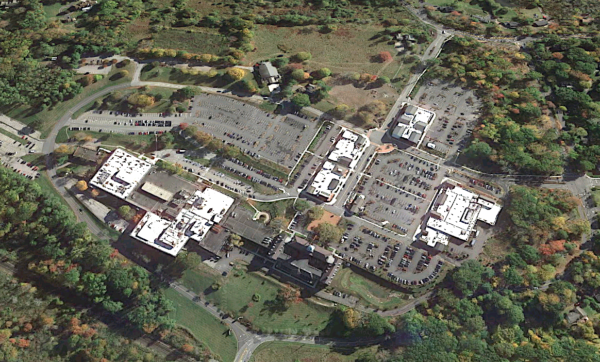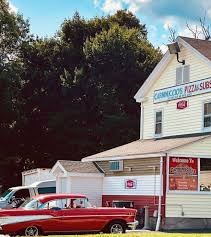Chappaqua Crossing, a retail segment of the redeveloped former Reader”™s Digest property located between the Saw Mill River Parkway and Route 117 I Chappaqua, has been sold for $79.5 million.

The seller, a joint venture between a global real estate investment advisor, Summit Development and The Grossman Companies, was represented by real estate services firm CBRE. Jeffrey Dunne, David Gavin, Steve Bardsley, Jeremy Neuer and Travis Langer of CBRE worked on behalf of the seller.
CBRE also procured the buyer, which it identified as an investment management firm.
Chappaqua Crossing is anchored by Whole Foods, Life Time Fitness, Starbucks and Chase Bank.
Gavin said, “Chappaqua Crossing has become the dominant grocery-anchored center in the market as a result of Whole Foods”™ wide draw, limited grocery competition nearby, and the center”™s regional and local accessibility with a direct exit off the Saw Mill Parkway.”
The former Reader”™s Digest property covers 114 acres and has been redeveloped with more than 500,000 square feet of medical/office space as well as apartments. Toll Brothers is slated to build luxury townhomes on the property.
Wilder-Balter Partners, a developer of both affordable and luxury housing, signed a long-term lease in 2016 for the original 1939 headquarters building constructed by Reader”™s Digest. Wilder-Balter has converted the former office space into 64 affordable, workforce and market-rate one-bedroom, two-bedroom and three-bedroom rental apartments.


The Grossman Companies, Inc. partnered with Summit to construct and own Chappaqua Crossing”™s retail component. CBRE”™s Dunne pointed to Chappaqua Crossing providing stable leasing income with the rent roll dominated by strong national tenants.
In a May 2019 interview with the Business Journal, Felix Charney, Summit”™s managing director, highlighted the retail component”™s anchor tenants.
“We”™ve been very fortunate, in an Amazon-affected environment, to have the critical anchors that are theoretically immune from the Amazon effect: food and fitness,” Charney said. “Ironically, Amazon owns Whole Foods, but in terms of retail today, it”™s a much more challenging environment and if you have anchors that require the customers to visit the store, either for services or experientially, today they tend to be more successful and, in that regard, that”™s what this project is all about.”















